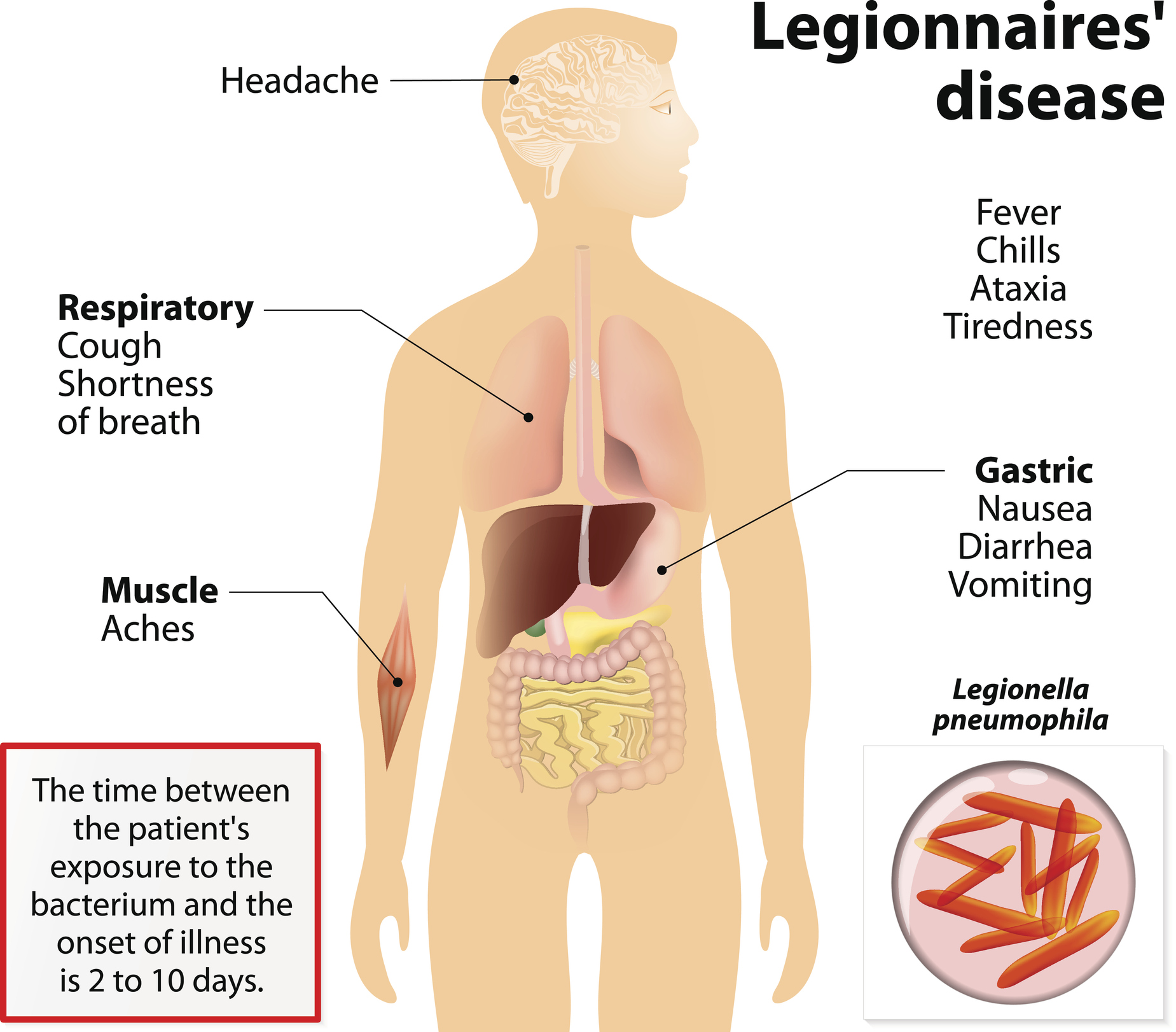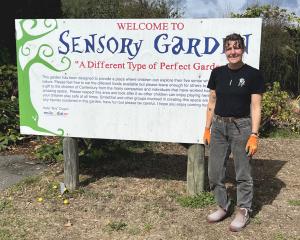
Last year, 20 cases of the disease (also known as legionellosis) were reported in the Southern District Health Board area - 14 of which were in the last three months of the year.
"To date this year, there have been three cases, all in Dunedin City,’’ SDHB medical officer of health Anura Jayasinghe said.
One Dunedin man’s death has been confirmed as being primarily due to legionellosis; the cause of a Central Otago man’s death is officially unknown, but is suspected to have been the same.
"Both men had an exposure to potting mix/compost," Dr Jayasinghe said.
They were both elderly men who had other medical conditions. Men over 60 and smokers have a higher risk of contracting the disease than other demographics, Dr Jayasinghe said.
In October, the Canterbury District Health Board also campaigned to raise awareness about the disease after 48 people were admitted to hospital with legionnaire's in the region in 2018.
Canterbury medical officer of health Alistair Humphrey said the illness is caused by the legionella bacteria present in moist organic material.
"Gardeners are at particularly high risk of catching legionnaire's disease as the bacteria thrive in bags of potting mix and compost," Dr Humphrey said.
People could catch the disease by inhaling airborne droplets or particles containing the bacteria.
Symptoms can include dry coughing, high fever, chills, shortness of breath, muscle aches, headaches and diarrhea.
"Essentially, spores from the soil, particularly from potting mix - once they're flung up into the air, if you inhale them they can cause a very serious pneumonia," Dr Humphrey said.
While legionnaire's can be mild, for some it proves fatal.
mike.houlahan@odt.co.nz
Five simple actions gardeners should take to avoid getting legionnaire's:
- Open potting mix or compost carefully - use scissors instead of ripping the bag.
- Wear a well-fitting disposable face mask and gloves, and remember not to touch your mask when gardening.
- Reduce dust by dampening down potting mix or compost with a sprinkle of water.
- Work with potting mix or compost in a well-ventilated outdoor area.
- Thoroughly wash your hands after handling potting mix or compost.
- More information about legionnaire's can be found here.
What is legionnaire’s disease
- Type of pneumonia caused by bacteria commonly found living in potting mix, soils and compost.
- Symptoms are very similar to flu - cough, shortness of breath, high fever, muscle pains, headaches, nausea, vomiting, and diarrhoea.
- Possibly fatal, but can be treated if detected quickly enough.













